Key Takeaways
The minimum age to rent an Airbnb in 2025 is 18, but local restrictions and host policies may raise that threshold.
Hosts can set higher age requirements—often 21 or 25—to protect their property from high-risk bookings.
Age restrictions help reduce liability, prevent unauthorized parties and ensure guests can meet legal obligations.
Picture this: It's 2 AM and your phone erupts with angry texts from neighbors. The "quiet couple" who booked your lakeside cabin? It's actually three carloads of teenagers celebrating graduation. By morning, you're facing broken furniture, noise complaints, and a $900 cleaning bill. This scenario plays out for countless hosts who overlook one crucial detail: guest age verification.
For Airbnb hosts trying to keep operations stress low, guest screening is one of the most overlooked tools in your risk toolkit. Age restrictions are a simple but effective way to reduce potential issues, especially when you're not on-site. Understanding Airbnb's age policy helps you stay compliant while giving you control over who books your property.
We'll walk through the platform's global rules, what flexibility you have as a host, and how these rules impact your day-to-day operations. Whether you're short-term renting a room in your house or scaling to your fifth listing, knowing how to handle the age requirement can help you avoid damage, disputes or party-related penalties that eat up your time and revenue.
Primary Rules for Renting
Guests need to be at least 18 years old to book a stay, host a property, or join any Airbnb Experience. The platform applies this age minimum across all listings and locations in 2025. So if you're wondering how old do you have to be to rent an Airbnb, the answer starts at 18—but it doesn't always stop there.
Hosts in party-prone areas often raise the age bar. In cities like Miami Beach or Las Vegas, where short-term rentals attract large groups and weekend events, many hosts set minimum ages of 21 or 25. It’s a practical move to avoid property damage, noise complaints, and midnight calls from angry neighbors. If you manage properties in places with similar reputations, setting a higher age limit can help you stay ahead of problems.
There’s one non-negotiable rule—once a booking is confirmed, you can’t add new age restrictions. If the listing didn’t mention the age requirement upfront, you can’t enforce it later. Trying to change the rules after the reservation goes through usually leads to guest complaints, bad reviews, or penalties from the platform.
Guest verification
You're allowed to ask for government-issued ID at check-in to confirm the booking guest meets your age policy. A quick visual check is usually enough. Most hosts use this step to make sure the person arriving matches the name on the reservation.
With Uplisting's guest verification feature, you can streamline this process before guests even arrive. The platform allows you to request and verify ID digitally during the booking process, automatically flagging potential age restrictions violations. This pre-arrival screening helps filter out underage guests before they book, saving you from awkward check-in confrontations.
Just don't keep a copy. Unless your local laws require it, Airbnb doesn't allow hosts to store or photograph ID documents. According to the Airbnb Help Center , holding onto guest IDs—either digitally or physically—goes against platform policy. Uplisting handles this compliance automatically, verifying identity without storing sensitive documents in violation of platform rules. If you're not sure what your local laws say, check before asking a guest to hand over their passport or license. Being respectful and clear about why you're checking ID keeps things professional and avoids awkward exchanges.
Save yourself from your inbox
Automate with Uplisting
Automated guest messages keep your guest informed from booking through to check-out. They’re designed to answer questions before they arise, saving you time whilst keeping your guests happy.
How to Clearly Display Age Rules in Your Listing
The platform requires hosts to publish age policies before a guest books. Hidden rules or surprise restrictions after confirmation can lead to disputes, refunds, or penalties. To avoid that, make the requirement obvious from the start.
Write it into the house rules: This section is where guests officially agree to your terms. If it’s not listed here, it doesn’t count.
Mention it early in the listing description: Guests skim, so place the age requirement in the first few lines where it won’t get missed.
Send a reminder before check-in: Use your automated messaging system to confirm the guest’s age policy and mention ID checks, if applicable.
Pre-arrival messages help avoid misinformed check-ins or last-minute cancellations. Communicating the policy early keeps expectations clear and protects your time.
The Role of Local Housing Laws
It's not just Airbnb choosing age restrictions at random. Local laws play a role, too. In most U.S. states, age isn’t a protected class under the Fair Housing Act. But in California, the Unruh Civil Rights Act adds another layer. Blanket age rules that aren’t tied to a business reason could cross a legal line.
Here’s how to stay compliant:
Use the same policy for everyone. Don’t approve one 20-year-old guest because they “seem mature,” then deny another based on a hunch.
Avoid tying age limits to other personal traits. If the policy disproportionately affects certain groups, you’re opening the door to discrimination claims.
If required, document your reasoning. In stricter jurisdictions, having a clear record—like previous incidents or local noise complaints—helps back your decision.
Even if Airbnb allows a rule, local regulations might not. For longer stays or bookings that resemble tenancy, different laws could override what's written in your listing.Many jurisdictions apply residential tenancy protections after 30 days—even for short-term rentals—making it harder to enforce age restrictions or evict problematic guests.
In cities like New York or San Francisco, local ordinances may explicitly prohibit certain screening practices regardless of platform policies. Before implementing strict age requirements, check both state landlord-tenant laws and municipal short-term rental regulations to ensure your policies won't put you at legal risk when guests extend their stays beyond typical vacation timeframes.
The question “how old do you have to be to rent an Airbnb” may seem simple, but your answer as a host needs to be consistent, fair, and legally sound. When policies are upfront and well-documented, they work for you—not against you.

Create 5-star guest experiences
Give your guests unforgettable experiences
With Uplisting, you can send the right messages at the right time on all booking sites. Read and respond to guest messages in a single, unified inbox — whether you’re at the office or on the go.
Potential Penalties for Violations
Overlooking age policies—even once—can lead to harder consequences than a warning. Airbnb doesn't treat age restrictions as casual guidelines. If your listing says “25+ only,” the platform expects you to follow through every time without exceptions.
Approving an underage guest against your stated policy can trigger an account suspension. In some cases, the platform removes the listing altogether. Airbnb's system flags inconsistencies quickly, whether a guest reports the issue, a neighbor files a complaint, or the platform catches the mismatch. When that happens, your listing might go offline while the account gets reviewed.
Poor reviews often follow when guests run into age restrictions they didn’t see coming. If a policy isn’t clearly spelled out before booking, and a guest gets turned away at check-in, they’re likely to leave a public complaint. Reviews that mention “hidden rules” or “unfair treatment” can drop your visibility in search results and hurt your booking rate. For hosts managing a handful of listings, one bad review can undo weeks of great work.
Clear communication solves most of the risk. Put your age rule in the listing description, house rules section, and pre-check-in message. Stick to the same number across the board. If you're wondering how old do you have to be to rent an Airbnb, the baseline platform rule is 18—but once you set a higher threshold, consistency keeps your listing safe, your reviews clean, and your calendar full.
Alternatives for Under-18 Travelers
Teenagers eager to travel often hit a wall when they realize they can’t book an Airbnb on their own. The platform requires guests to be at least 18 years old to make a reservation, so anyone younger needs to find another way to secure a place to stay. The most common workaround? A parent or legal guardian books the listing in their name and takes full responsibility for the stay.
Hosts can handle these requests without creating unnecessary risk. When someone reaches out explaining that a minor will be staying under adult supervision, it helps to confirm exactly who’s arriving and who’s listed on the booking. If the adult is part of the trip and meets the age requirement, most hosts allow it. When the adult isn’t present during the stay—say, a parent books but only teens show up—it’s a different story. That setup usually violates platform rules and can lead to damage, complaints, or both.
Sometimes, hosts hear from guests asking if a responsible adult can co-sign the reservation even if they won't be at the property. While Airbnb doesn’t formally support co-signing, hosts can choose to approve the booking if the listed guest is of legal age and will be on-site. If you decide to allow it, get everything in writing through the platform’s message thread. That way there’s a clear record of who’s staying and who’s accountable.
The question of how old do you have to be to rent an Airbnb doesn’t always have a simple answer. While 18 is the platform minimum, what happens at the local level can shift the boundaries. Hosts who want to stay in the clear should regularly check short-term rental rules in their city or state, especially when dealing with younger travelers or extended bookings. It’s easier to confirm now than clean up a mess later.
Understanding Airbnb’s age requirements in 2025 is essential for protecting your property and maintaining a smooth guest experience. Clear communication and consistent enforcement of your age policy help avoid misunderstandings, protect your reputation, and reduce the risk of property damage.
If you're ready to reduce risk, automate messaging, and take the stress out of managing multiple listings, Sign up for Uplisting to streamline your vacation rental management.
You’re in great company
Sign up
Some of the largest short-term rental operators (with 250+ properties) rely on Uplisting's software to scale their businesses.
FAQs About Airbnb Age Requirements
Does Airbnb allow parents to book for under-18 guests?
Parents and legal guardians can book stays for minors, but they need to be part of the reservation. Airbnb doesn’t permit minors to stay alone, even with permission from a parent. If the adult won’t be on-site for the duration of the stay, the booking goes against platform policy—and puts responsibility back on the host.
Ask early who’s checking in and who’s responsible. When guests mention they’re booking for someone younger, clarify who’s arriving and confirm that an adult will be present. Without adult supervision, the risk isn’t worth it.
How do hosts enforce a 25+ policy?
Start with the listing. Age limits need to be obvious in the house rules and written clearly in the description—preferably in the first few lines. Waiting until after a guest books to mention the restriction doesn’t hold up, and the platform may not back you if there’s a complaint.
Before check-in, send a message to confirm the policy and let guests know you'll ask for ID. With Uplisting's guest identity verification feature, you can streamline this process by automatically requesting and validating ID documents before arrival. Make sure the name matches the reservation and the guest meets your age requirement. You don't need to store or copy any ID unless local law says otherwise. If the guest doesn't meet the minimum age, and the rule was clearly posted, you're within your rights to cancel.
Can international guests have different rules?
Guests coming from abroad still need to meet Airbnb’s global age minimum of 18. What changes is how they prove it. Some travelers may show a national ID card instead of a driver’s license or passport. That’s normal in many countries, and often valid.
For hosts who regularly welcome international guests, it helps to know what common ID types look like in key markets. You don’t need to be an expert, but recognizing the basics can save time at check-in. Outside the United States, local laws may shift what’s allowed—especially around ID verification or minimum age for lodging. When hosting in a different region or planning to expand, check city or regional short-term rental rules before setting custom age requirements.
If you're still wondering how old do you have to be to rent an Airbnb, the platform says 18. If you decide to set a higher minimun, it’s all about being consistent, clear, and upfront.




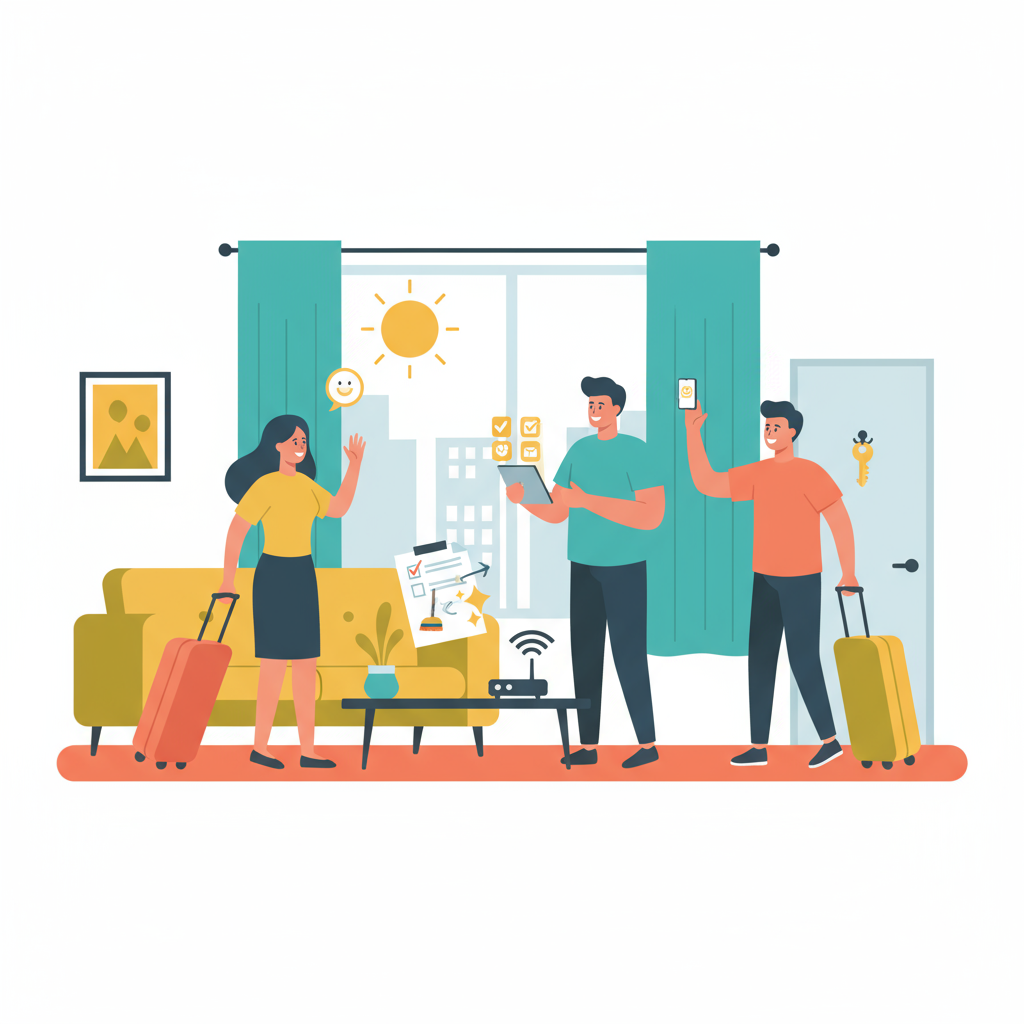
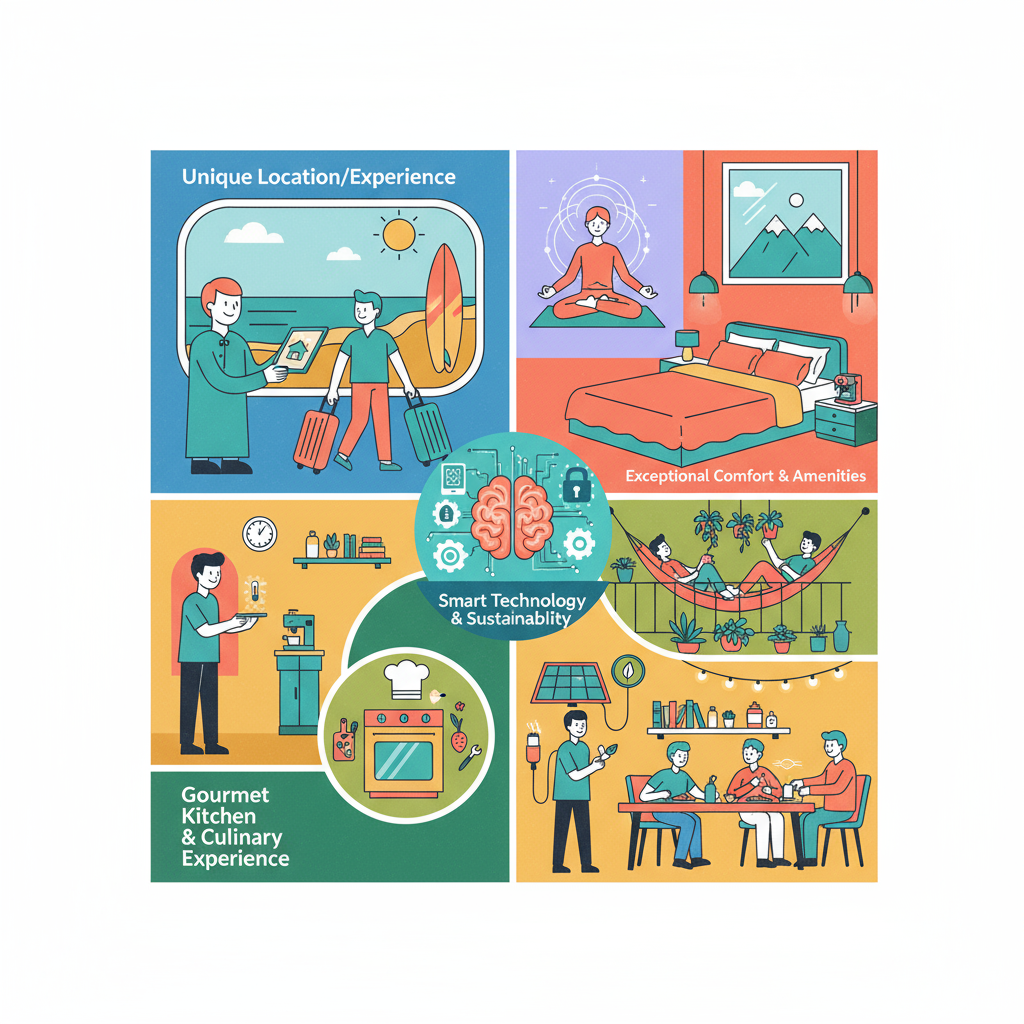





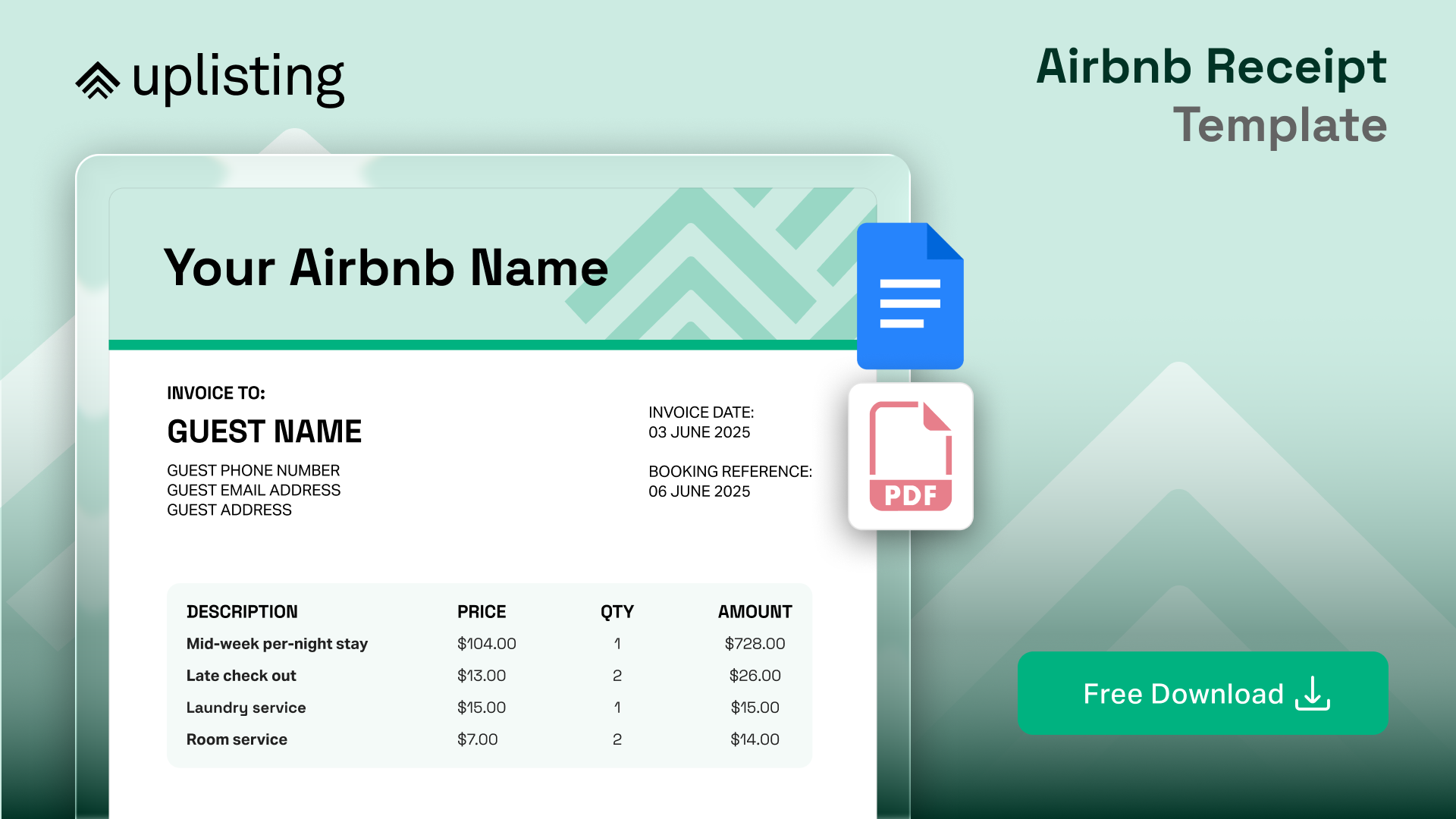

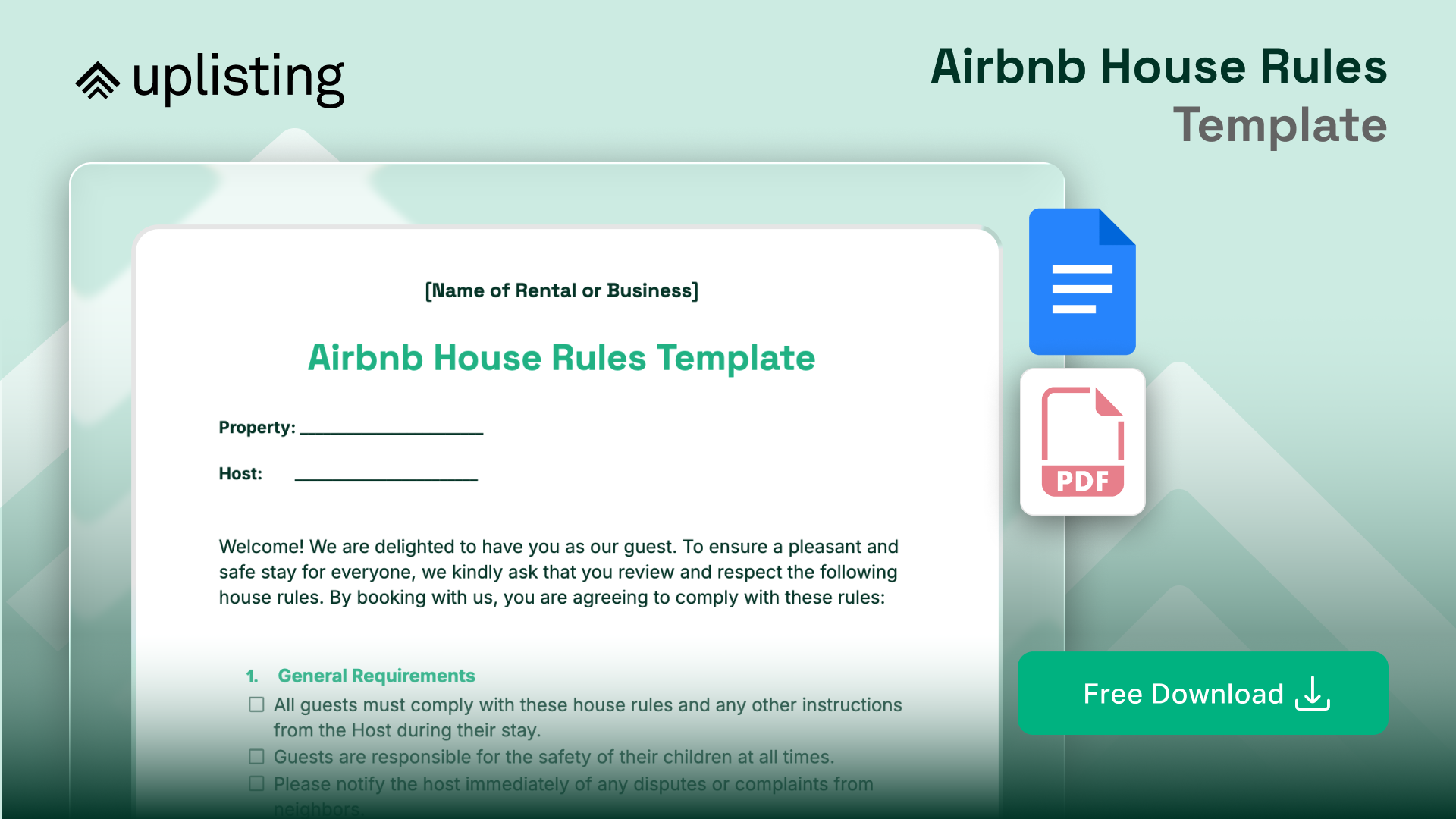

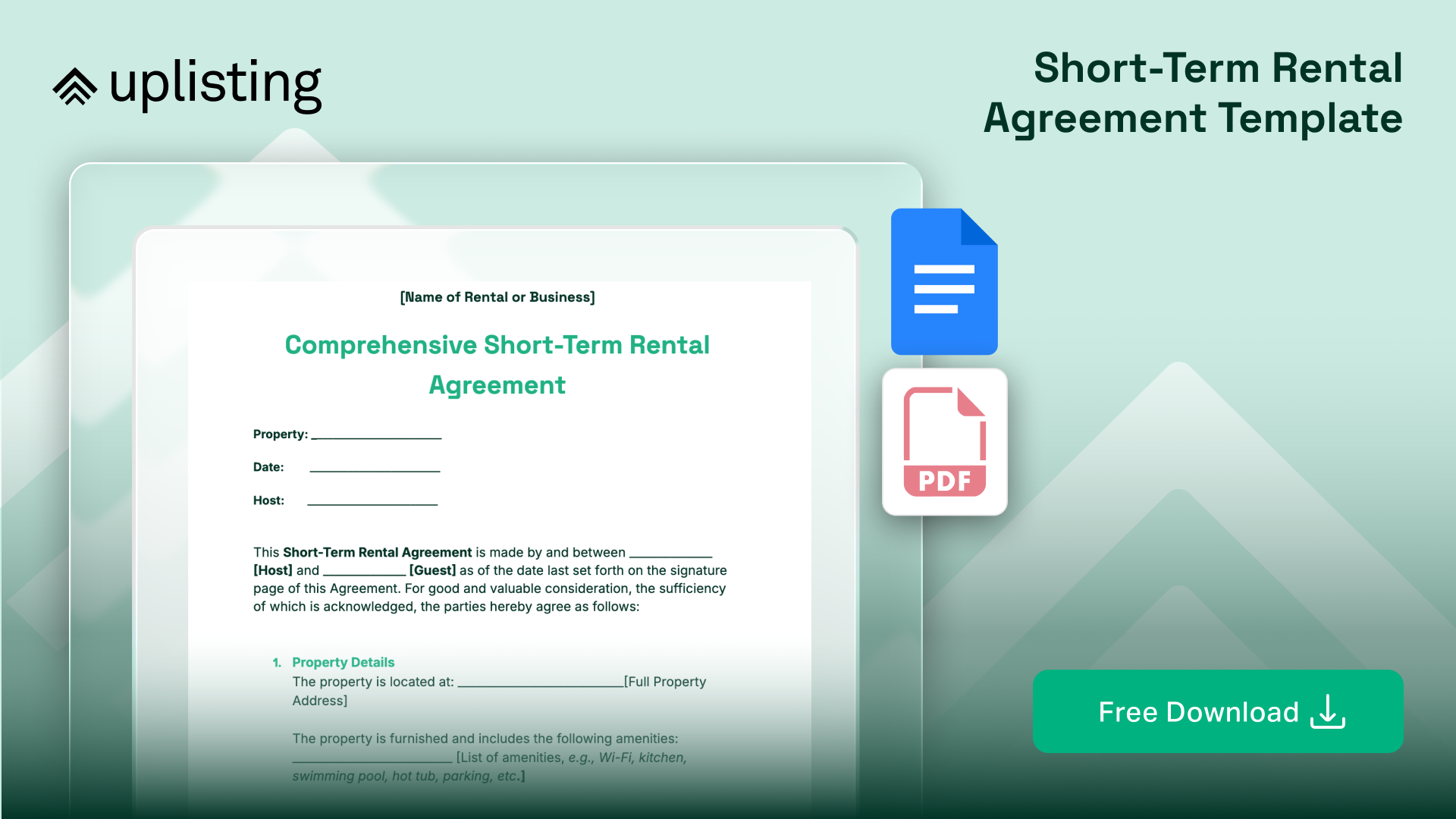


.png)

